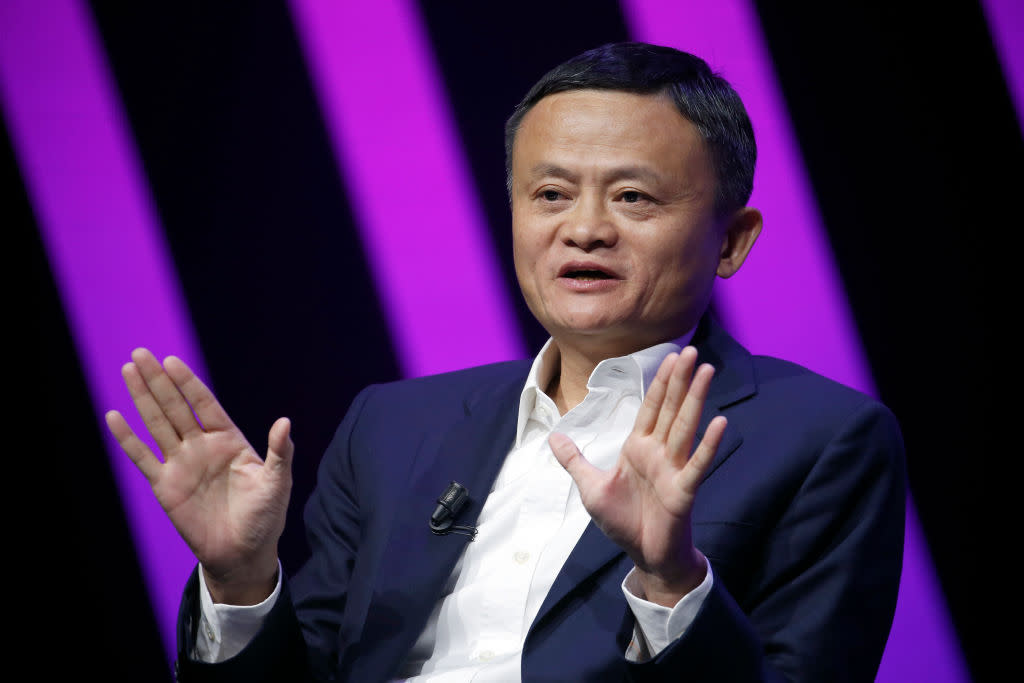China fines Alibaba, Tencent’s e-book subsidiary over anti-trust violations

The Chinese government is moving to curb the power of some of China’s most influential internet companies. The country’s top market regulator announced Monday that it is fining Alibaba and China Literature, Tencent’s e-book spinoff, for failing to report their past acquisition deals for clearance.
The cases involve Alibaba’s equity investments in major Chinese mall operator Intown and China Literature’s acquisition of film studio New Classics Media. The firms are each subject to a fine of 500,000 yuan ($76,000), according to the notice. Though a paltry amount compared to the size of the companies’ multi-billion-dollar deals, the penalty is expected to sound an alarm to other industry players, a spokesperson for the market regulator said at a press conference.
Alibaba has in recent years been expanding into offline retail, in part through aggressive acquisitions. Tencent, which has built up a digital entertainment empire, has similarly invested in outside partners to help broaden its territory.
The companies failed to seek regulatory clearance though neither deal was deemed to be “excluding or restricting market competition.” As such, the market authority ordered a fine rather than a breakup in accordance with China’s anti-trust laws, it said.
China Literature says it is strictly following the regulatory order to work on compliance and clearance requirements. Alibaba cannot be immediately reached for comment.
The merger between games streaming giants Huya and Douyu, both Tencent-backed, is also under investigation by the anti-trust regulator.
The Alibaba and China Literature cases mark the first time that China has fined companies structured as “variable interest entities” over market concentration violations. The VIE corporate structure is popular among Chinese internet firms for it lets them operate as domestic firms controlled by foreign entities, but the setup is controversial for it has allowed companies to find regulatory loopholes.
The Chinese anti-trust law, which began seeking public comment in January, is currently under revision, the market regulator said at the press event. Last month, the government unveiled a set of draft rules specifically targeting monopolistic behavior among internet firms, though regulations are expected to be complicated, as industry experts noted.
… stop these BigCos when they also clearly provide many benefits, and ofc the geopolitical realities, makes it all very complicated. Will the platforms get more regulated in China? Yes. Will they get broken up? Doesn’t look like it’s going that direction just yet? /end
— Rui Ma 马睿 (@ruima) November 16, 2020




